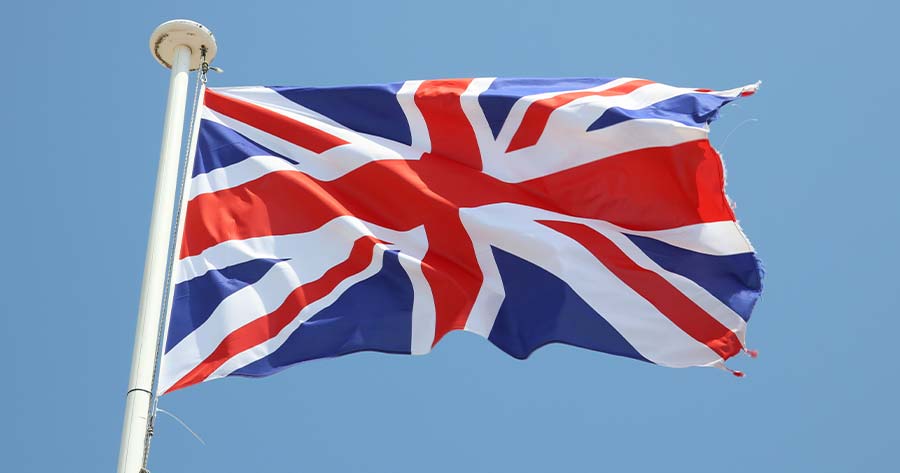Workers on Britain’s railways have begun a series of strikes aimed at disrupting the country’s public transportation over the holidays in their quest for higher pay after inflation hit 40 years high.
On Tuesday, December 13th, thousands of members of the National Union of Rail, Maritime, and Transport Workers (NURMTW) and the Transport Salaried Staffs’ Association (TSSA) will begin a nationwide strike against train companies.
Since inflation in the UK has risen above 11%, the unions are demanding even larger wage increases. They also disagree with railway companies and the government on plans to improve the train network.
Members of the NURMTW will also go on strike for Christmas after rejecting a salary offer from Network Rail on Monday night. According to unions, Network Rail’s offer included a 5% hike this year and a 4% raise in January.
However, optimism was sparked when a different union, Unite, announced that its members had chosen to accept the offer, putting an end to the union’s walkouts in December and January.
According to the Office for National Statistics (ONS), regular pay increased by 6.1% in real terms in the three months ending in October. However, when inflation is included in, wages declined by 2.7%.
It “remains among the largest falls in growth since comparable records began in 2001,” according to the statistical office.
The ONS statistics also showed that the unemployment rate in the UK increased to 3.7% in the three months ending in October, up from 3.6% in the prior three months.



